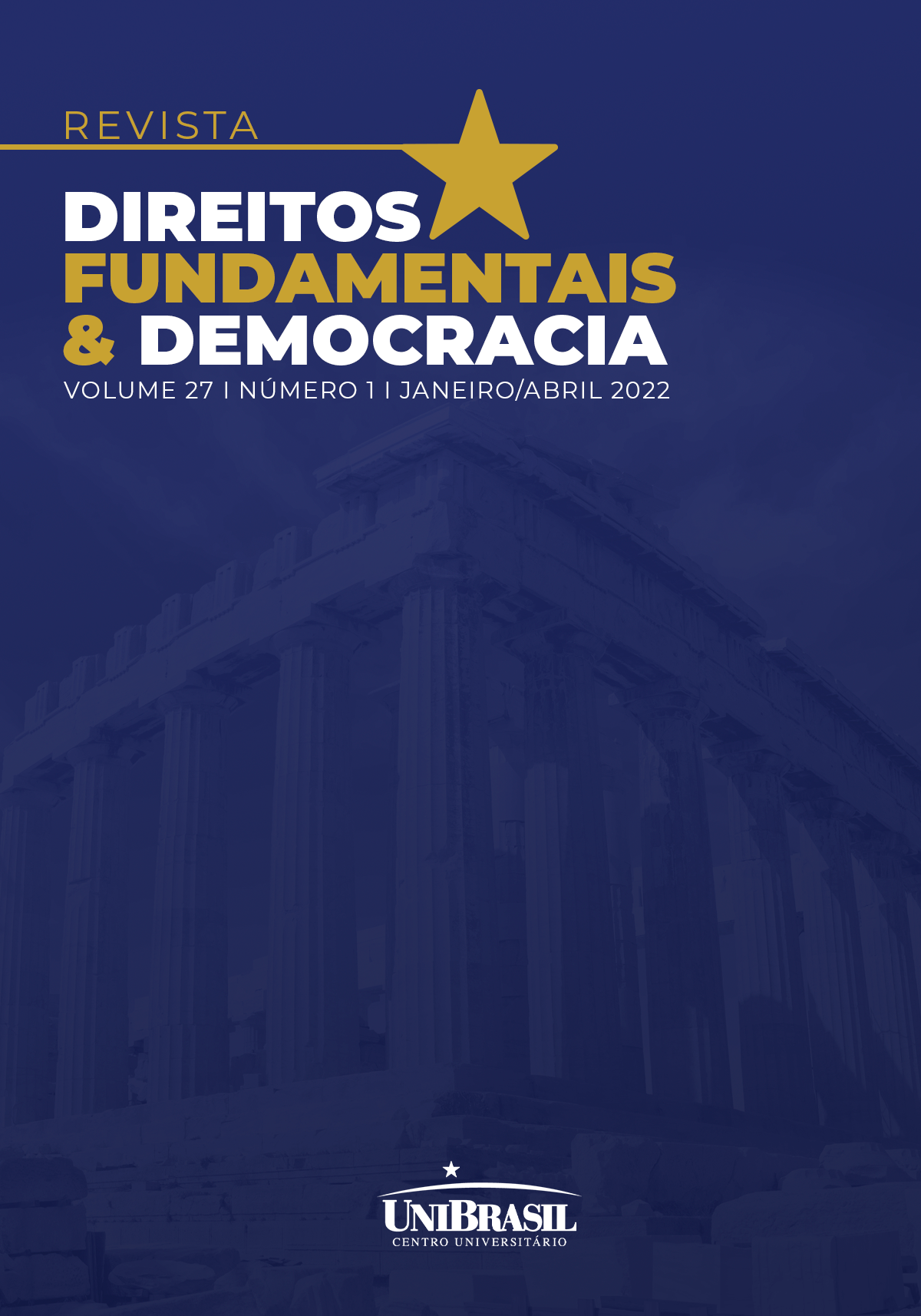THE DISCOURSE OF HUMAN RIGHTS IN THE PERPETUATION OF THE INDIFFERENCE AND SUBORDINATION OF THE RACIALIZED SUBJECT
DOI:
https://doi.org/10.25192/issn.1982-0496.rdfd.v27i12302Abstract
This research seeks to understand the role of the hegemonic discourse of human rights in the production of difference and subordination between subjects in society. The hypothesis with which we work is that the hegemonic logic, of liberal and individualist matrix, which uses differences to extract inferiority, relativizing and grading humanity, establishes hierarchies and classifications among subjects, which sustain routine exclusions in modern society, especially those based on race. Thus, anchored in decolonial
thinking, especially in the contributions of Quijano, Dussel and Mignolo, the aim is to identify how the aforementioned logic establishes hierarchies and social classifications, based on a rational and racist discourse, the result of colonial difference. In the end, it is concluded that this discourse is selective, not attributing to all the same characteristics, therefore, disregarding their intrinsic equality, culminating not only in the construction of a narrative based on stereotypes, but also in the classification of the subjects, that reflects in the support and in the very belief on the part of those marginalized of the the narratives about their supposed inferiority and need for subordination, which sustain, in the end, racism in modern times. For such purposes, methodologically speaking, a bibliographical
research is carried out, following the deductive method of approach and the analytical-descriptive method of analysis.
Key-words: Human Rights. Discourse. Difference. Subordination. Racism.
Downloads
Downloads
Published
How to Cite
Issue
Section
License
Copyright (c) 2022 Tatiana de Almeida Freitas Rodrigues Cardoso Squeff, Gabriel Pedro Moreira Damasceno, Lara Santos Zangerolame Taroco

This work is licensed under a Creative Commons Attribution-NonCommercial-ShareAlike 4.0 International License.
Copyrights for any articles published in the journal are given to the author and RDFD with first publication rights granted to the Journal. By virtue of their appearance in this open access journal, articles are free to use, with proper attribution, for educational and other non-commercial purposes in accordance with the creative commons.




